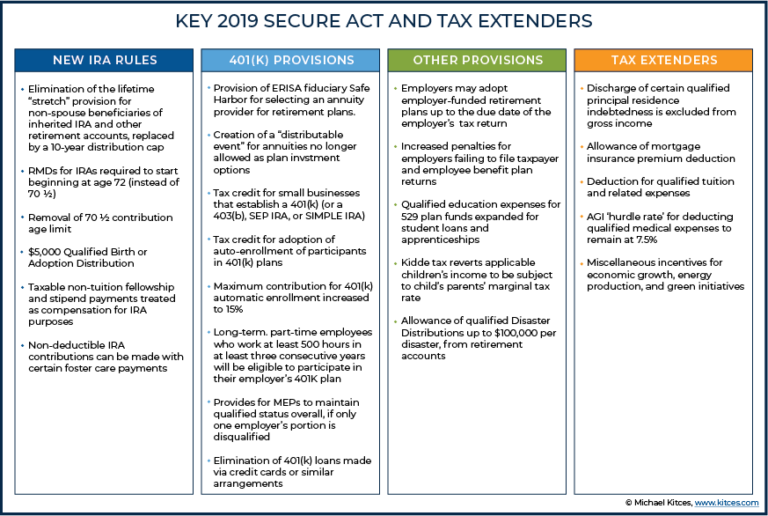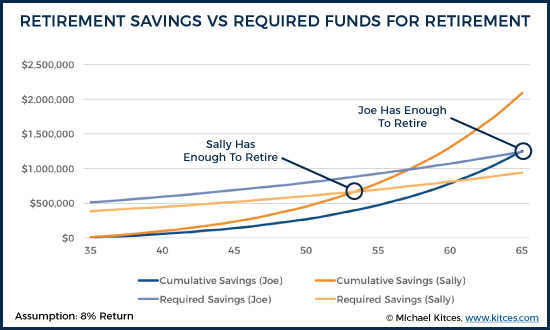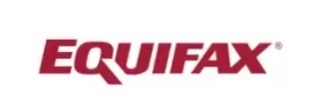How Do I Find the Right Financial Advisor?
Between the TV ads, recommendations from friends, and the “nice man at church” it is hard to figure out how to find the right financial advisor. Below are our suggested links to independent research on where to start your search, what you should be looking for, and which questions to ask. Not surprisingly, we think the decision should come down to a combination of trust, transparency, competency and personality. We think the articles and questionnaires below highlight these traits and should bring some clarity to the process.
- NAPFA Questions
- The National Association of Personal Financial Advisors (NAPFA) is the country’s leading professional association of Fee-Only financial advisors—highly trained professionals who are committed to working in the best interests of those they serve. Understandably, NAPFA’s list of questions is biased toward finding a fee-only, fiduciary advisor and heavily based on advisor’s compensation and potential conflicts of interest.
- FPA Questions
- The Financial Planning Association is the largest membership organization for Certified Financial Planner (CFP) professionals. Similar to the NAPFA list, FPA’s questionnaire focuses on advisor certification, incentives, and experience.
- WSJ: The Key to the Best Financial Advice
- Personal finance and investing expert Jason Zweig includes many of the above resources and questions but also touches on some more qualitative factors, such as humility and trust.
- WSJ: Advisors Who Call Themselves Fiduciaries May Not Live Up to It
- Again, Jason Zweig highlights the importance and nuances of hiring a fiduciary financial advisor. We like to say that a real fiduciary is someone who has actively chosen to act as one in 100% of their business, not someone who only does so because of legislation and only in certain areas.
- NYT: Honesty Tops Any Checklist When Looking for an Adviser
- Our favorite article that tackles the subject is by financial advisor and NYTimes contributor Carl Richards. Carl’s advice is for individuals to require a baseline of qualifications and experience, but to prize honesty. Richards points out that the answers are important, but also to lose sight of how an advisor answers these questions…do you trust them?








